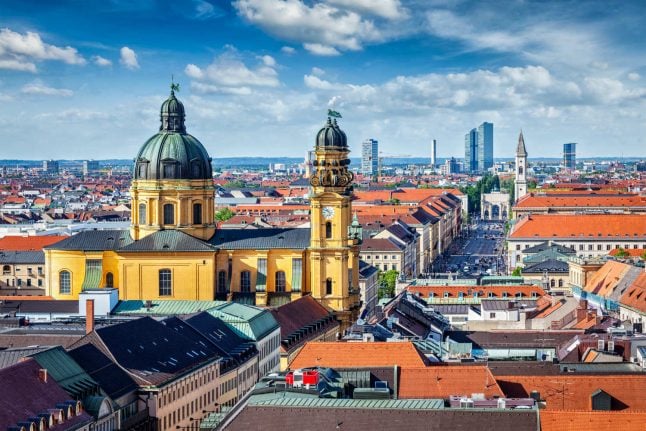Johnny’s Senap, a mustard brand sold by Druvan, is being marketed through the campaign “Real men grill” (literally: “Riktiga män grillar”), with ads bearing messages such as “Real men don’t sew their own clothes” and “Real men don’t wear deodorant”.
The campaign’s theme has sparked a strong reaction, with scores of incensed comments appearing on on the mustard’s official Facebook page, criticising the controversial campaign as “chauvinist”, and renouncing Druvan’s products.
According to Druvan’s marketing director Kristina Ljungkvist, however, directing their ads towards men was a conscious choice.
“Our target group has always been men, and I think that’s one of the factors behind our success; that we actually dare to direct ourselves to men. All other retail businesses are directed to women,” Ljungkvist explained to the Dagens Media newspaper.
This goal seems to have missed the mark somewhat, as many offended men are among those criticising the commercials.
“Real men don’t try to use cooking products or grilling as proof of their own self esteem, and can eat whatever the hell they like,” wrote one male commenter on Johnny’s Facebook page.
Another asks, “So, women aren’t allowed to grill?”
Ljungkvist tells Dagens Media that although the company has received criticism from some directions, she has also received several comments praising and defending the campaign.
“All I can say is that in my profession as a marketer, it’s hard to please everybody.”
She believes that the controversial campaign will result in good publicity for Druvan.
“We’re a small company, and need to do something tongue in cheek to get some attention,” she explained.
According to Ljungkvist, Druvan have not been discouraged from continuing to produce similar advertisement campaigns in the future, and cites both 1950’s style and classic advertisements for Swedish beer Norrlands Guld, centred around a stereotypical northerner, as inspiration for Druvan’s advertisements.
“We’re going to keep doing stuff that’s in Johnny’s spirit. We see him as kind of cool and retro. Someone who dares to be himself.”
The Local’s attempts to contact Druvan on Monday for a comment were unsuccessful.



 Please whitelist us to continue reading.
Please whitelist us to continue reading.
Member comments